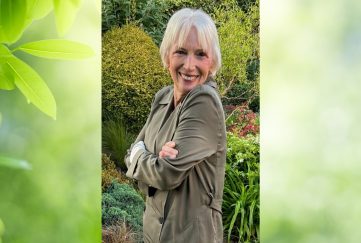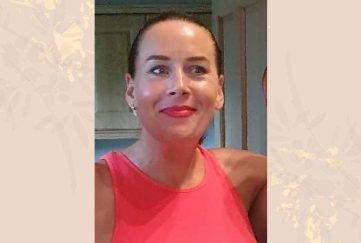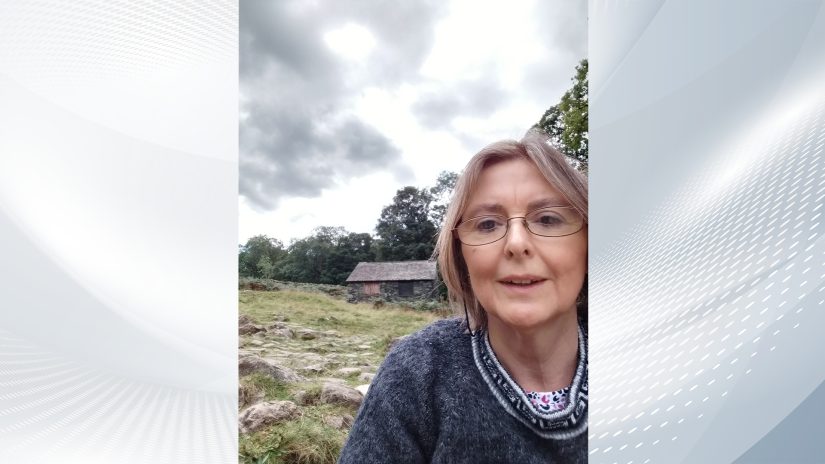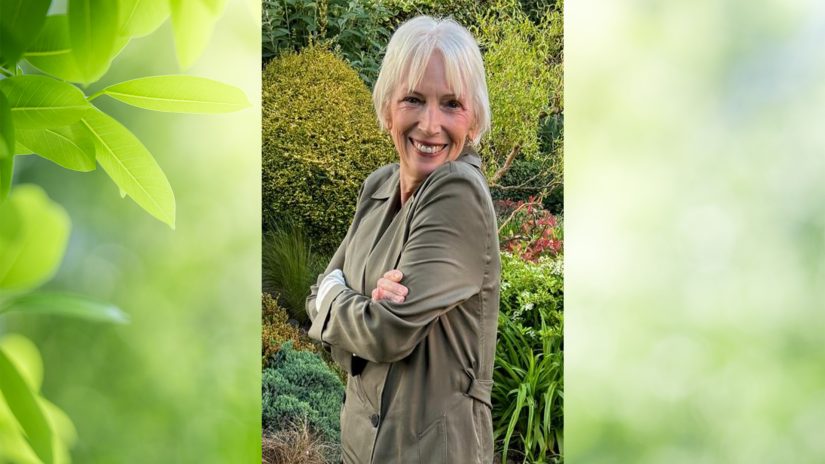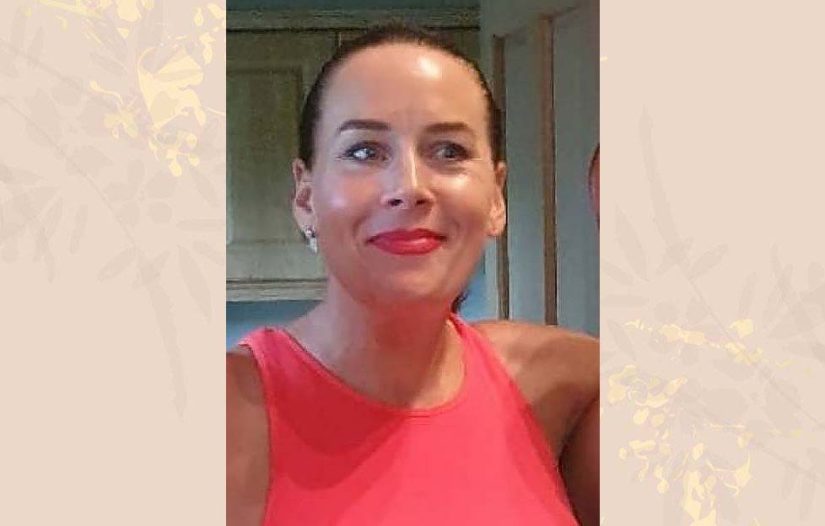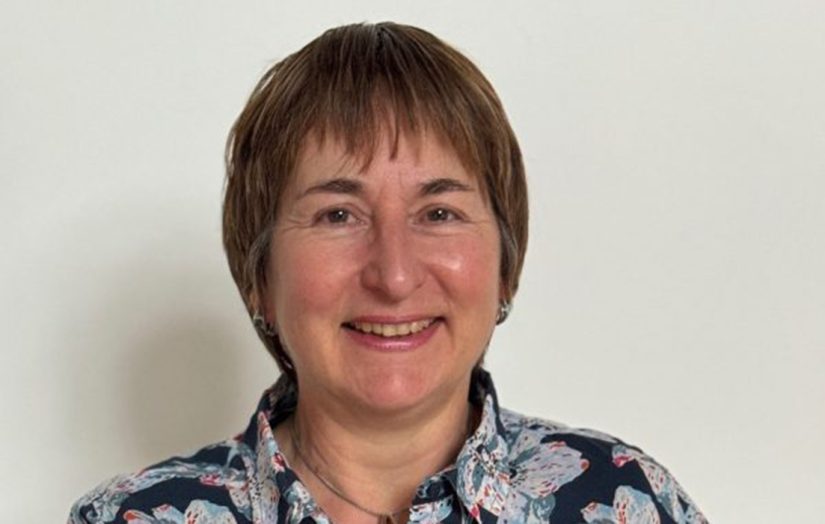Writer Of The Week: Rosemary Gemmell
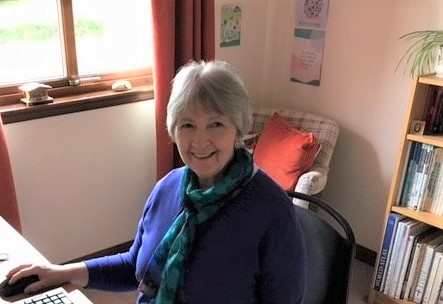
Our Writer of the Week is Rosemary Gemmell. Rosemary’s story, “A Healing Touch”, appears in Special 210, which is on sale now.
Your story is set in the 14th century. Are you most at home writing historical fiction?
That’s a good question. I do love writing historical fiction and seem comfortable with different periods and the nuances of language and phrasing. In fact, my first novel was set in the early 19th century. However, I also enjoy writing more contemporary fiction where I don’t have to do any, or as much, research.
I think some writers are put off writing historical fiction due to instilling a sense of realism. How do you approach this matter in your own stories?
I think it helps if you already know a little about a period, whether through study, research, or just watching relevant films and reading historical novels. Films in particular, if done well, often give us an excellent idea of the type of clothes worn, as well as manners and so on. I’m thinking of the famous 1995 TV version of “Pride And Prejudice” for instance.
However, people are often the same throughout history, no matter when the story is set. Then we can add the specific problem in relation to the era, some period detail and colour. Women were treated very differently and had more restrictions in the past. My advice would be to write your story as far as possible then fill in any finer historical details later.
You are also a writer of poems. How would you distinguish this form of writing to that of short stories?
Another good question. Poetry a more immediate, expressive form of writing, as well as being shorter, and I always write them by hand first. I like the fact that short stories are a concise type of fiction that can be written and polished over a few days rather than months.
I also write novels and non-fiction articles, and occasional children’s fiction. My practical side enjoys the non-fiction, while novels are such a marathon that I need the shorter forms in between, even while writing longer fiction.
What sort of books do you like to read in your spare time?
I have a wide taste in reading, probably reflecting the wide taste in writing. My favourites are romantic suspense and mystery, both historical and contemporary (I grew up with Mary Stewart, Victoria Holt and Daphne du Maurier), cosy crime, some Young Adult, and historical novels such as the Tudor mysteries of C.J. Sansom. I also enjoy occasional poetry collections and more philosophical types of books.
Do you plan your own writing in advance, in that you set yourself writing goals, or do you simply write whenever the mood takes you?
Now that’s a loaded question. I would love to plan my writing more, but I’m afraid I’m a total pantser. I usually have several projects on the go at the same time and write whichever calls to me most. However, I try to write something every day, even if it’s only part of a story or poem. I find competitions a good incentive to write to a deadline – I’m a terrible procrastinator so often need that focus to make me finish.
Notebook and pencil or laptop? Kitchen table or study? Blank wall or inspiring view?
An easy question to answer. I absolutely love writing with pen and paper in cafés or on trains. I’m lucky to have a nice room with a desk-top computer to call my own work space, but I get far more words down when out and about. I’m not sure whether it’s the buzz of people around me, or the act of writing with a pen that seems to make the words flow.
I missed that during the lockdowns so tended to write shorter items at home rather than focus on the next novel. I then enjoy typing up my scribbles, as that serves as another draft. At that point, I like having background music to fit the genre or period: Baroque music like Vivaldi and Albinoni for historical fiction, and easy listening Celtic music for contemporary Scottish fiction.
P.S., What’s your one top tip for an aspiring Writer Of The Week?
Please never give up writing and submitting work to relevant markets, such as “The People’s Friend”, if your aim is to be published. We all get rejections, no matter how long we’ve been writing, and all writers keep learning by reading published work.
My very first short story was in your sister magazine, “My Weekly”, many years ago, but it was a while before I had another published. Perseverance is your friend.
For more from our Writer Of The Week series, click the tag below.



